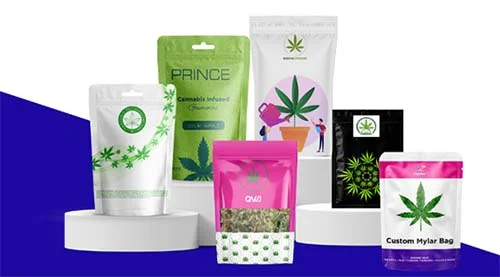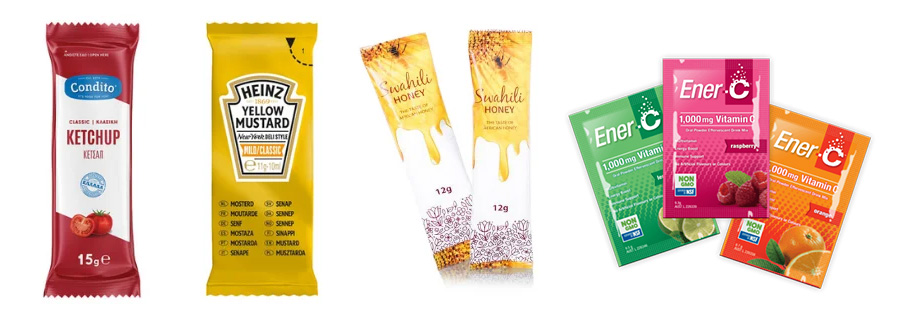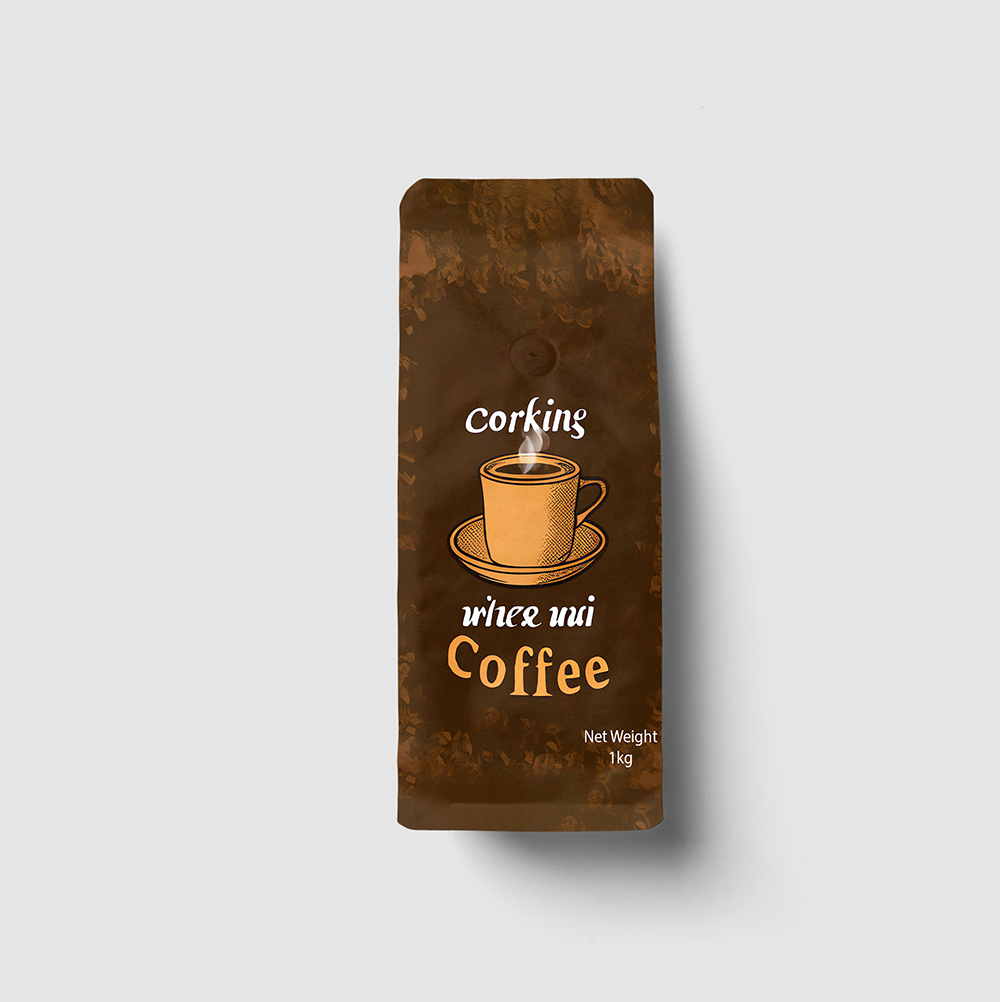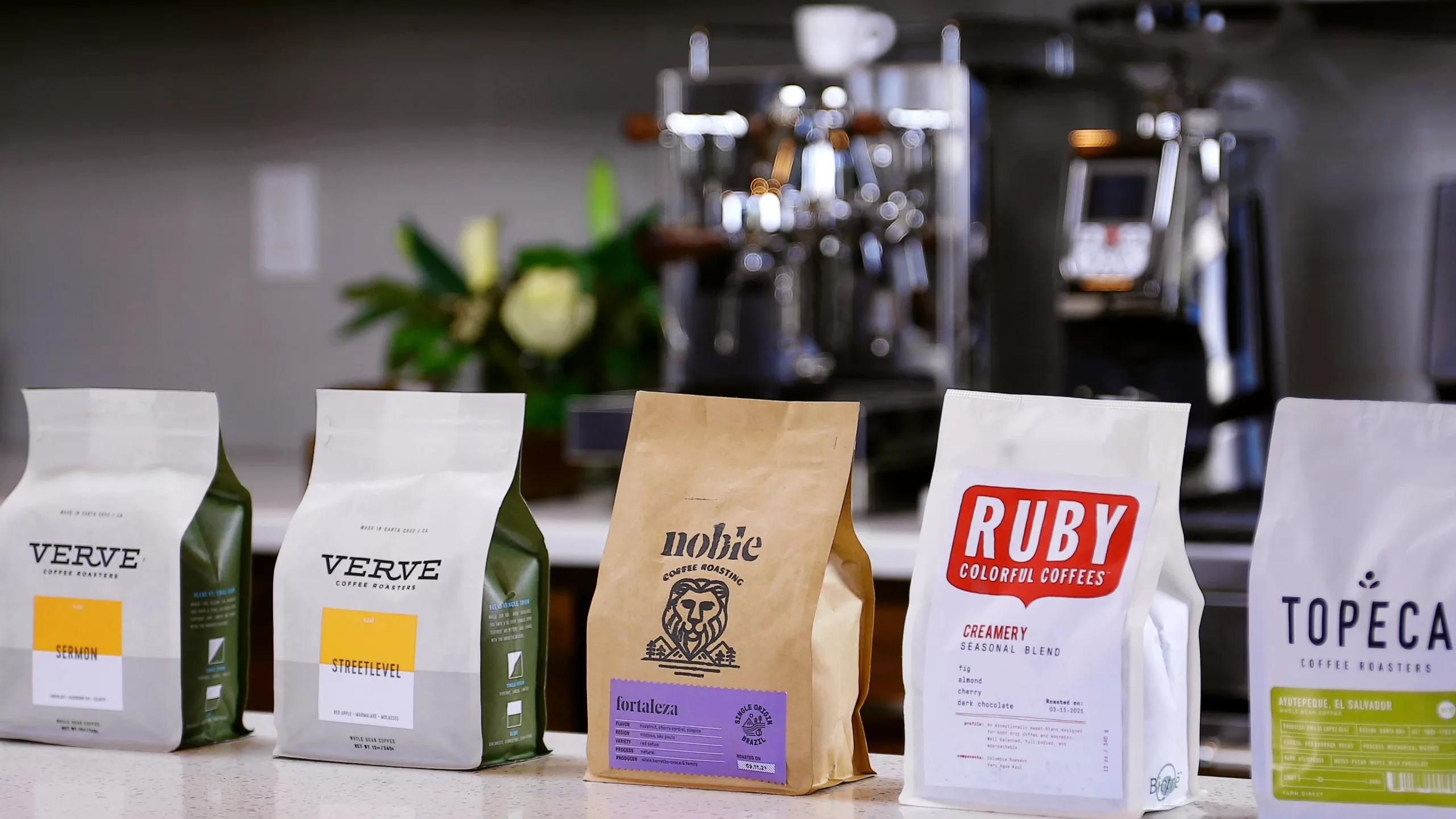When it comes to snack foods, packaging is a crucial component that goes beyond aesthetics. For products like potato chips, the right packaging can mean the difference between a fresh, crunchy snack and a stale, soggy disappointment. In this article, we’ll explore the importance of potato chip bag design, materials, and functionality, helping you understand how to choose or design the perfect packaging for your snack products.
Why Packaging Matters for Potato Chips
Potato chips are a delicate product that can easily lose their crispness and flavor if not stored properly. Packaging plays a critical role in protecting these snacks from external factors such as moisture, oxygen, and light, all of which can degrade their quality. The right potato chip bag will preserve the freshness of the product, maintain its texture, and protect it from physical damage during shipping and handling.
Here are some key reasons why packaging is essential for potato chips:
- Freshness Preservation: Potato chips are sensitive to air and moisture, which can cause them to lose their crunch and flavor. Proper packaging provides a barrier that keeps moisture and oxygen out, ensuring the product remains fresh.
- Protection from Damage: Chips are fragile and prone to breaking. The right potato chip bag will offer protection against physical damage, whether it’s during transportation, on store shelves, or in the customer’s hands.
- Shelf Appeal: In a highly competitive market, the packaging of potato chips plays a big role in attracting customers. Bright colors, bold fonts, and unique designs can help a product stand out on store shelves.
- Portion Control and Convenience: Many chip bags come in different sizes, offering customers options for individual snacks, family-sized portions, or party packs. The packaging should be designed with the end consumer in mind, providing easy access and resealable options if needed.
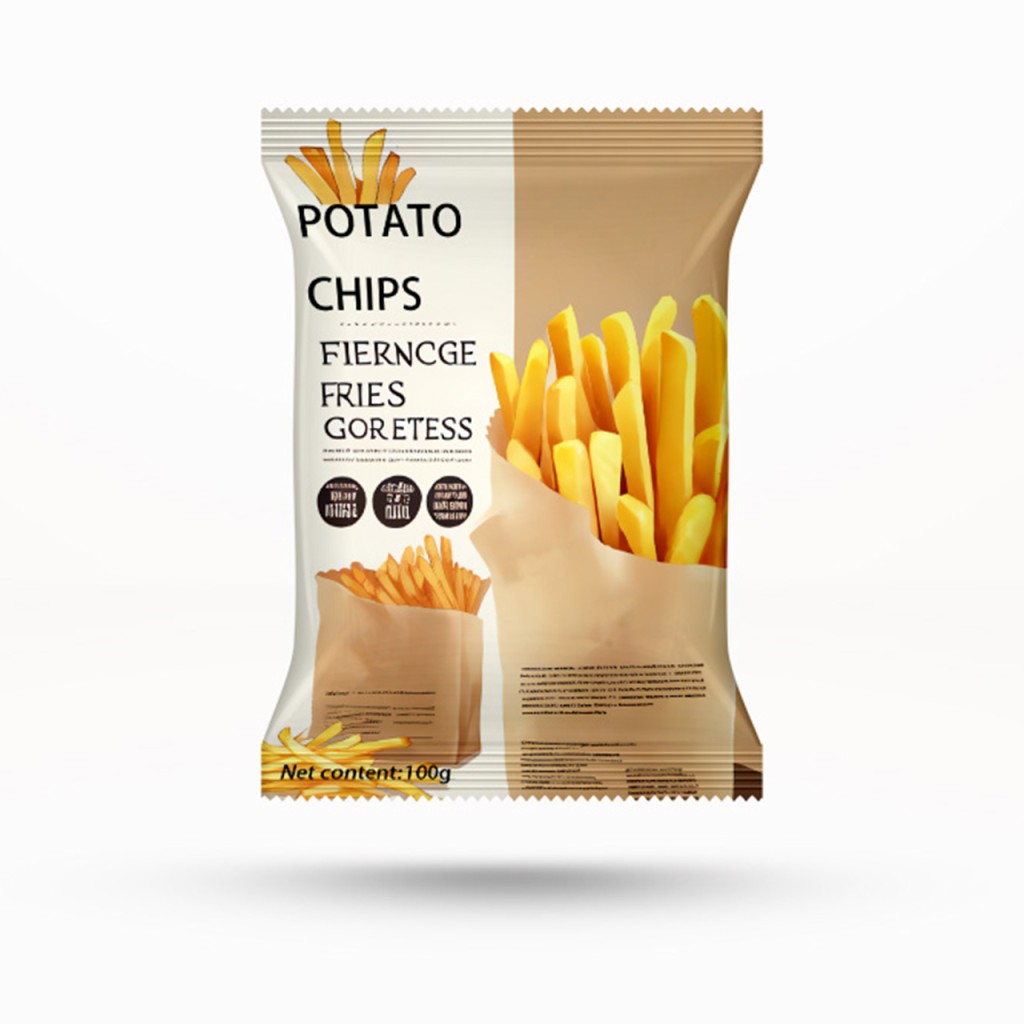
Types of Materials Used in Potato Chip Bags
There are several different types of materials used to create potato chip bags, each with its own unique benefits and drawbacks. The choice of material impacts the bag’s durability, barrier properties, and environmental footprint.
- Metalized Film (Aluminum Foil): One of the most common materials used in potato chip bags is metalized film. It offers excellent barrier protection against oxygen and light, keeping the chips fresh for an extended period. Metalized film also gives the packaging a shiny appearance, which can enhance shelf appeal.
- Plastic Films (Polyethylene or Polypropylene): These materials are often used in combination with metalized film to create a multi-layer barrier that protects the contents. Plastic films are lightweight, flexible, and affordable, making them a popular choice for potato chip bags.
- Biodegradable or Compostable Materials: With a growing emphasis on sustainability, some companies are turning to eco-friendly materials for their chip bags. While these materials may not offer the same level of protection as traditional plastics, they provide an environmentally responsible alternative for brands looking to reduce their carbon footprint.
Important Features of a Good Potato Chip Bag
When designing or choosing packaging for potato chips, it’s essential to consider the functionality and convenience it provides to consumers. A good potato chip bag should offer the following features:
- Barrier Protection: As mentioned earlier, chips are sensitive to air and moisture. The packaging material must offer a strong barrier to prevent exposure to these elements.
- Tear Resistance: The bag needs to be durable enough to withstand shipping and handling without tearing, but easy enough for consumers to open without difficulty.
- Sealing and Resealing Options: Many chip bags now come with resealable zippers, allowing consumers to enjoy the product over time without it going stale. This feature is particularly important for larger bags or family-sized portions.
- Portability: For consumers who like to snack on the go, portability is a major factor. Single-serving bags are often designed to be small and convenient to carry.
- Environmental Considerations: With more consumers concerned about the environmental impact of packaging, it’s important to consider the sustainability of your potato chip bag. Biodegradable or recyclable materials can appeal to eco-conscious buyers.
The Future of Potato Chip Bags: Innovations in Packaging
As technology advances and consumer preferences shift, the packaging industry continues to innovate. The future of potato chip bag packaging is likely to be influenced by trends such as sustainability, convenience, and interactive packaging.
- Sustainable Packaging Solutions: The demand for environmentally friendly packaging is only going to increase. Companies are exploring options such as plant-based plastics, compostable materials, and fully recyclable packaging to reduce their environmental impact.
- Smart Packaging: Packaging that can monitor freshness or provide nutritional information through QR codes is becoming more popular. Smart packaging allows consumers to interact with the product in new and innovative ways, enhancing the overall experience.
- Ergonomically Designed Bags: Convenience is key in modern packaging. Bags with easy-to-open features, ergonomic shapes, or resealable functions are becoming standard for snack food products.
Conclusion
Choosing the right potato chip bag is essential for maintaining product freshness, protecting chips from damage, and making a strong impression on customers. The packaging should not only provide excellent barrier protection but also offer convenience and sustainability features that align with consumer preferences.
At Colorful Packaging, we specialize in creating custom, high-quality Flexible Packaging solutions for potato chips and other snack foods. Whether you need eco-friendly materials, resealable options, or unique designs, we can help you find the perfect packaging solution for your product.

